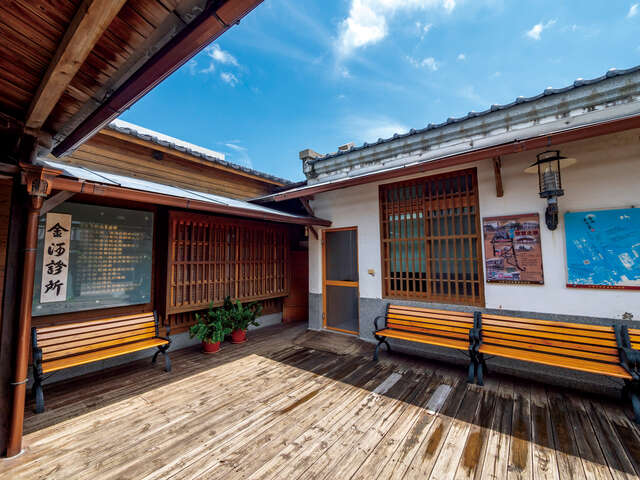Taiwan's Blackfoot Disease Medical Memorial Hall Introduction
Black Foot Disease is an endemic peripheral vascular disease that prevails in the southwestern coastal region of Taiwan. It is believed to be caused by chronic arsenic poisoning from drinking excessively arsenic-contaminated deep well water in coastal towns, potentially leading to concurrent cancers of the liver, kidneys, and bladder. The Black Foot Disease Memorial Park, formerly the oldest clinic in Beimen Township – the Jinhe Clinic, was operated by Dr. Wang Jinhe, often referred to as the "Father of Black Foot Disease," who graduated from a medical school in Tokyo and returned home to serve the community. The Jinhe Clinic provided free medical assistance in the past and served as an important spiritual support for patients. The museum houses medical artifacts related to Taiwanese healthcare, as well as medical records of Black Foot Disease patients, including many preserved limbs of patients resting before the Christian cross, allowing visitors to reflect on the selfless dedication and great love of past healthcare workers and the church, as well as witness the suffering of the victims.




































